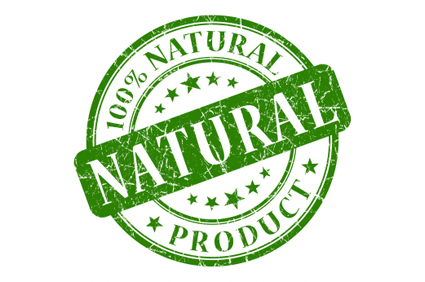There is an overarching belief in contemporary society that natural is “better.”
Advertisers key into into it. Organic food purveyors rely on it. And it is obviously at the heart of natural childbirth advocacy, lactivism and attachment parenting.
Ironically, the belief that natural is better has arisen amidst a society that proves in every possible way that natural is NOT better. The average human life expectancy in nature is approximately 35 years. The average human life expectancy in first world countries approaches 80. What has been responsible for the doubling of life expectancy? It is technology, not nature.
Consider the greatest public health advancements of all time:
Creating a clean environment
- Clean water is not natural.
- Food free of harmful micro-organisms is not natural.
- Sewer systems are not natural.
Expanding the food supply
- Hunting with even the simplest weapons like spears and clubs is not natural
- Agriculture is not natural.
- Crop rotation, weeding and fertilizing with manure are not natural.
- Domesticated animals are not natural.
Protection from the environment
- Houses are not natural.
- Central heating is not natural.
- Clothes are not natural.
Protection from disease
- Treatment of disease is not natural.
- Soap is not natural.
- Antibiotics are not natural.
- Sunscreen is not natural.
Simply put, just about everything that makes our lives cleaner, safer, more comfortable and longer is not natural.
So why is contemporary society biased toward the natural?
Why is the mainstream media eager to report that technology (vaccines, bottle feeding, Cesareans, and pitocin, among other bugaboos) causes cancer, autism or any other currently poorly understood disease? The reasons have nothing to do with medicine or technology and everything to do with disappointments, distrust and marketing.
There is no group more disappointed with the fact that vaccines can cause serious side effects than vaccine rejectionists. Even though scientists have been thoroughly above board about the real dangers of vaccine, the anti-vax folks have transmuted their intolerance for anything less than perfection into wildly irresponsible claims about fabricated “risks” of vaccines.
There is no group more disappointed with the fact that hospital aren’t perfect than natural childbirth advocates. They wield the phrase “babies die in hospital, too” like a cudgel, transforming their profound disappointment in the fact that hospitals can’t yet save all babies into a bizarre conspiracy that hospitals are actually killing babies with “interventions.” Between them, Cesareans and pitocin save hundreds of thousands of lives each year in the US alone, yet NCB advocates live in a bizarre mirror world in which life saving treatments are dangerous and dangerous stunts like unassisted homebirth are without risk.
Americans in general are profoundly disappointed that modern business is concerned with making money, and not just with improving lives. They’ve turned that disappointment into reflexive distrust of “corporations” and bizarre conspiracy theories about manufactured products like medications.
But there’s more at work here than disappointment and distrust. Marketing has played an enormous, but largely unappreciated role in promoting “natural” in order to distinguish products in the marketplace. Marketers have woven a fantasy of benevolent “nature” that invariably costs more. From organic produce to supplements to “natural” treatments like chiropractic and reiki, Americans are urged to spend more on products that don’t do more or don’t do anything at all.
Not surprisingly, Americans with the most disposable income have the means to follow these trends. The fact that rich people choose to spend their money on a product makes it that much more desirable to everyone else. Organic food is a status symbol, wasting money on quack “treatments” is a status symbol, membership in a gym is a status symbol, having an unmedicated birth is a status symbol, and breastfeeding is a status symbol.
Breastfeeding is a particularly interesting status symbol. Infant formula became popular in a milieu where technology itself was a status symbol. The rich could afford the “superior” technological wonder of infant formula while the poor had to make do with breastfeeding. Now that most Americans can afford formula, it has become declasse. “Natural” is now the status symbol and that’s why breastfeeding is far more popular among white, well off women than among the rest of society.
From an objective point of view, there is no evidence that “natural” is better. Indeed, just about everything that has improved our comfort, health and life expectancy is not natural. Nonetheless, the bias persists that if it is “natural” it must be good even when there is a massive amount of evidence to the contrary. That accounts for the irony that vaccine rejectionists, natural childbirth advocates and lactivists use every technological method at their disposal (the Internet, advertising, and lobbying) to in an effort to argue that technology is bad and natural is good.


